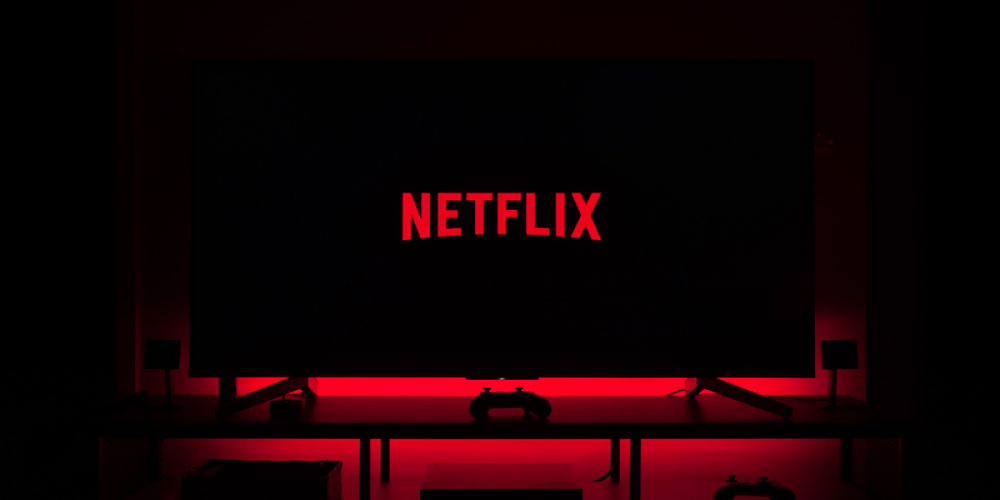US States Demand Pay Cable Fees from Streaming Services
18 Apr 2022

Currently, there is a debate in Ohio Supreme Court whether streaming services fall under the same law as regular cable operators. Should the streaming services such as Netflix or Hulu pay cable operator fees? Other states have also been faced with dilemma and the argument for why they shouldn’t pay any such fees remains the same.
According to 2007 Video Service Authorization law, entities should obtain a special permission when they need to physically install cables in a public right-of-way. As a result, video service providers who install cables pay a fee in accordance with this law.
Officials are claiming that streaming services should be paying this fee since they provide their services using the internet cables and wires. However, if anyone should be paying this fee it’s the internet service providers who installed these cables in the first place.
A similar case is also pending in Missouri. Additionally, in 2020 4 Indiana cities have filed a lawsuit against Disney, Netflix, DirectTV, and Hulu requiring them to pay franchise fees similarly to cable companies.
Netflix and Hulu have already won in similar lawsuits filed in Texas, Nevada, California, and Arkansas proving that they shouldn’t be treated similarly to video providers. Streaming services argue that their method of providing services differs from video cable providers.
The state took the side of the streaming companies, since Ohio’s law should only affect companies who build infrastructure that carries cables.
The court will take months to reach a decision and hopefully it will favor the streaming service providers. The fee might only be 5%, but it doesn’t mean that streaming services are responsible for paying it.
Do you think the streaming services such as Hulu and Netflix should pay the 5% cable operator tax to the government? Would you be willing to pay more for your Netflix subscription as a result? Tell us what you think in the comment section below.







